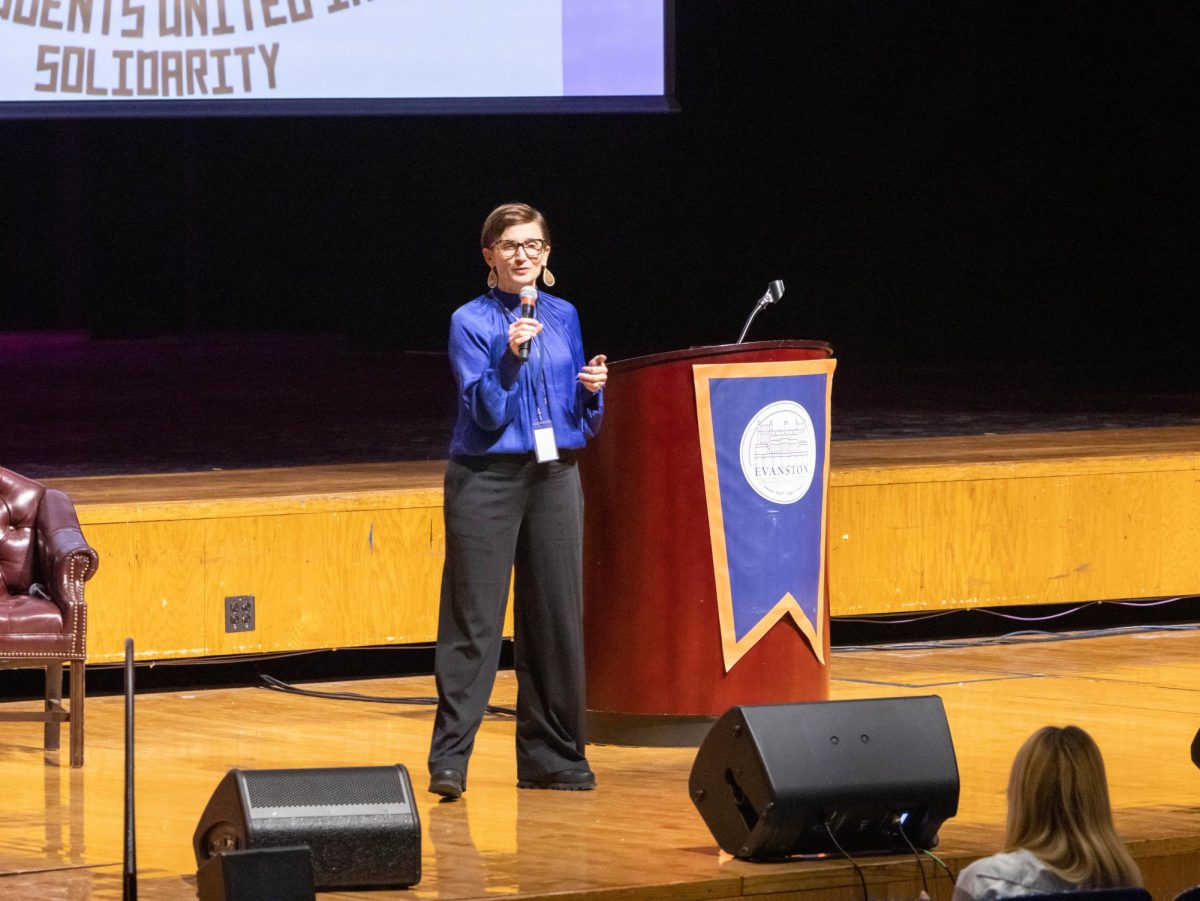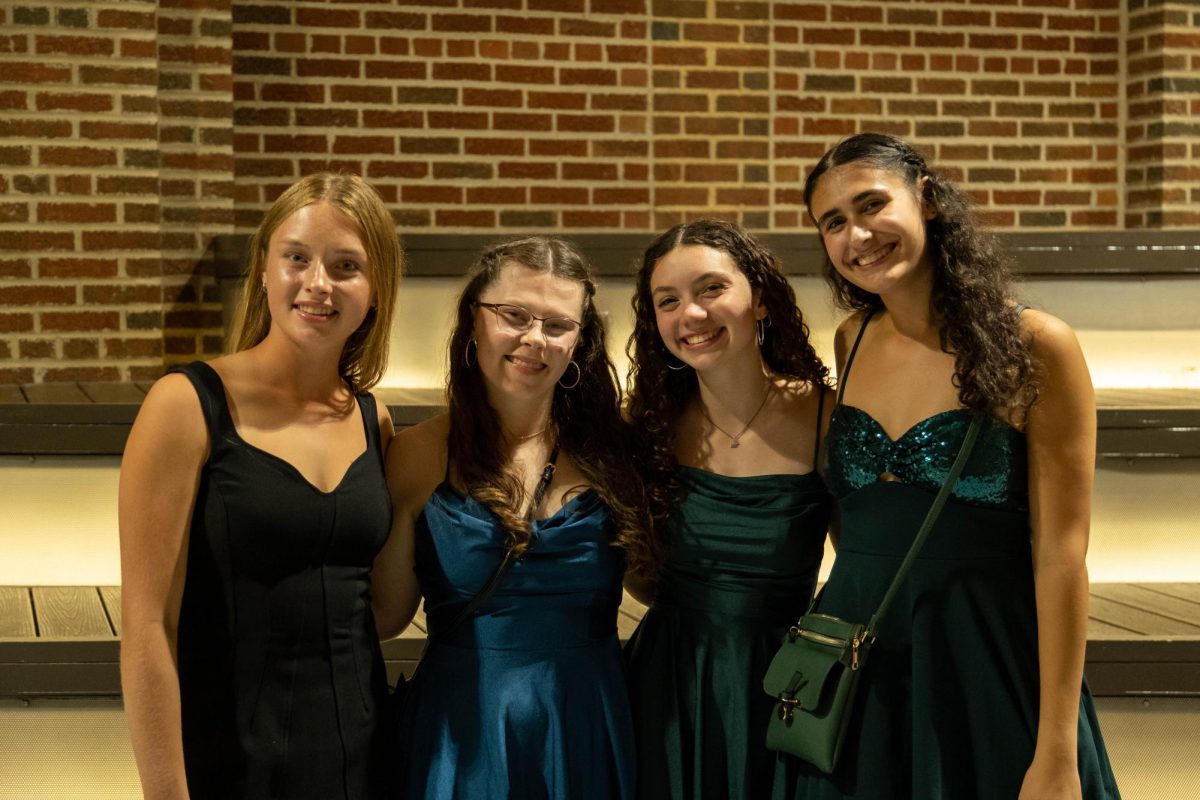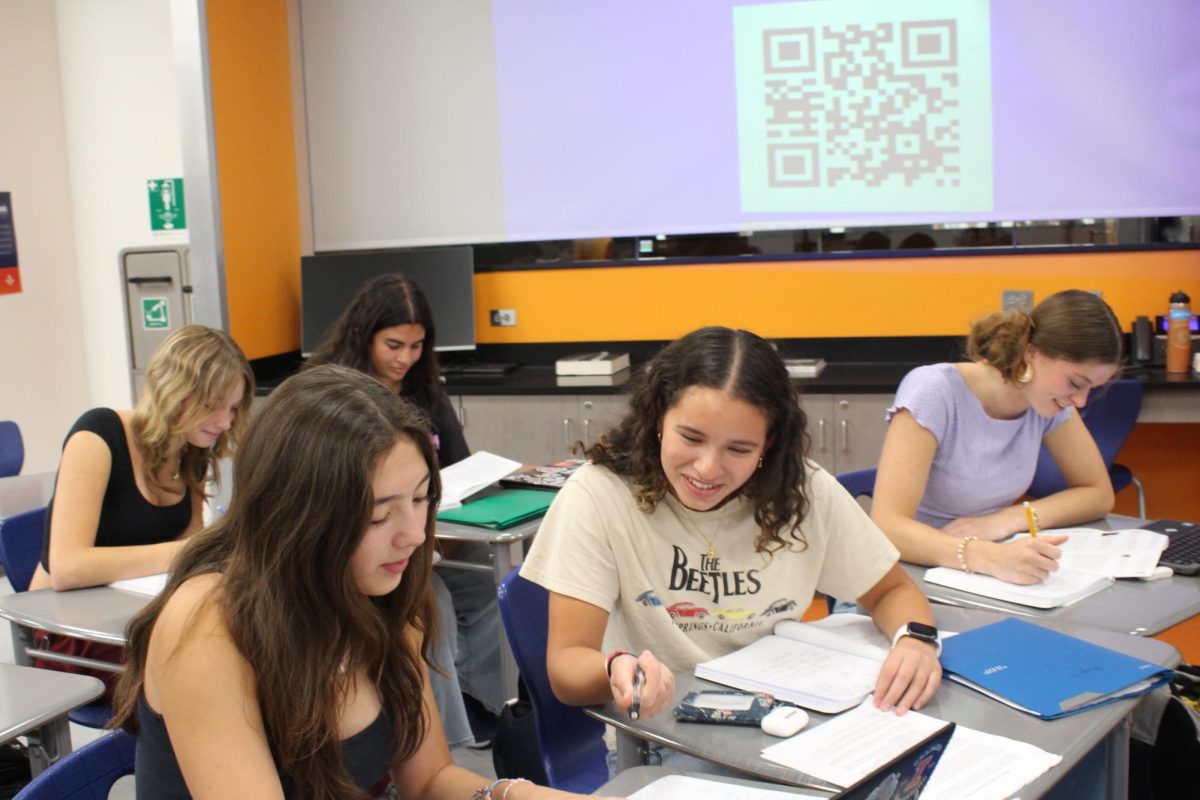Evanstonians don’t know what equity is
May 28, 2019
A quick google search of “District 65 equity” turns up 10 links to equity related issues on the D65 site on the first page, including a “commitment to Equity”, an “Equity Calendar” (with one event on it for the entire month of May), and an “Equity Consultant” webpage. Searching “ETHS equity” returns similar results, with nine links on the first page to some discussion of equity on ETHS’s website. These results are misleading, however, as the racial and socioeconomic gap in test scores remains, as students at ETHS still feel that the school is a segregated place, and as the city itself is faced with the reality of oppression that it refuses to acknowledge.
At a SOAR Office Hours a few weeks ago, a discussion of systemic oppression within the American education system arose. One member of the discussion wondered, is there ever a way to undo the harm that the education system perpetuates? Liana Wallace, a senior and long-time SOAR board member, explained why she doesn’t see an end to inequities in the education system coming any time soon. She mentioned a Harvard educated equity consultant, Darnisa Amante, and her framework of equity and diversity training within schools and communities. What Liana said that really struck me was the idea that equity requires sacrifice– bringing people to an equal playing field can never occur in a system in which some are already above others, it can only be accomplished by knocking the most powerful and privileged down a few pegs. A few weeks later I watched the key-note address Darnisa Amante gave to the educators of District 65 in the ETHS auditorium at the beginning of this school year. Amante’s main point boils down to this; pursuits of equality are unfounded because they ignore systems of oppression that change how the same objects, ideas, and language affects different people. Amante posits equity, rather than equality, as the mechanism through which to challenge systemic oppression within education and isolates the social identity of race as an indicator that some people need more resources than others. Where Amante’s theory differs from others that are more familiar to the Evanston community is her call for an unequal distribution of resources, one that favors POC and other marginalized groups over more privileged groups (white people). The concept of equity becoming attainable through loss explains why equity initiatives in our community are not succeeding and why students of color are still struggling to stay on the designated track meant to quantify their progress, as well as reinforcing the overpowering whiteness that permeates Evanston to its core.
This feeling of loss is uncomfortable and feels wrong to people, like myself, who have had everything they’ve ever needed available for their whole lives. We may feel singled out, punished, and discriminated against based on our race or socioeconomic status. (The cause of these feelings is often labelled as “reverse racism”.) But, what we don’t realize is that these feelings are similar to those felt by marginalized groups everyday and hold insight and knowledge within them. More than just that, to give things up, to feel loss, is our duty as people who have more than we need. Evanston, specifically, is a perfect example of a community overflowing with resources that are disproportionately taken up by already-plentiful people, families, and groups.
Every week the Evanston Roundtable publishes an article about gaps in test scores, and the Google search results above show that Evanstonians, at least at a surface level, care about equity. We, as a community, realize that the status quo is neither an equal, nor equitable, nor plentiful place for many people of color living in our communities. However, the equity initiatives within District 65, District 202, and the city of Evanston, just inject new resources into the community that are available for anyone to take. Students of any race, socioeconomic status, and background can go to the ETHS College and Career Services center, can attend the job fairs held at ETHS twice a year, and take the “D65 Online Equity Survey”. But, because they are some in our community who have more time, resources, and privilege than others to begin with, the majority of people who use these resources are not those who they were created for. I see my peers, those who can afford to hire private college counselors, monopolizing Ms. Arey’s time. I see my peers, those who can afford tutoring, taking up the time of teachers during AM Support. I see my community answering calls for true equity, for teachers to prioritize the needs of students of color, to give more attention and time to those who need it, to put money into Fleetwood Jourdain rather than bike lanes, with outrage and disgust. Privileged students and families have the ability to search for the most lucrative opportunities for themselves, and take up a finite number of spots and resources. At every level, from interpersonal to institutional, people with privilege, rich, white Evanstonians, need to abdicate their leadership roles, give up their spots, and share their wealth in tangible ways.










